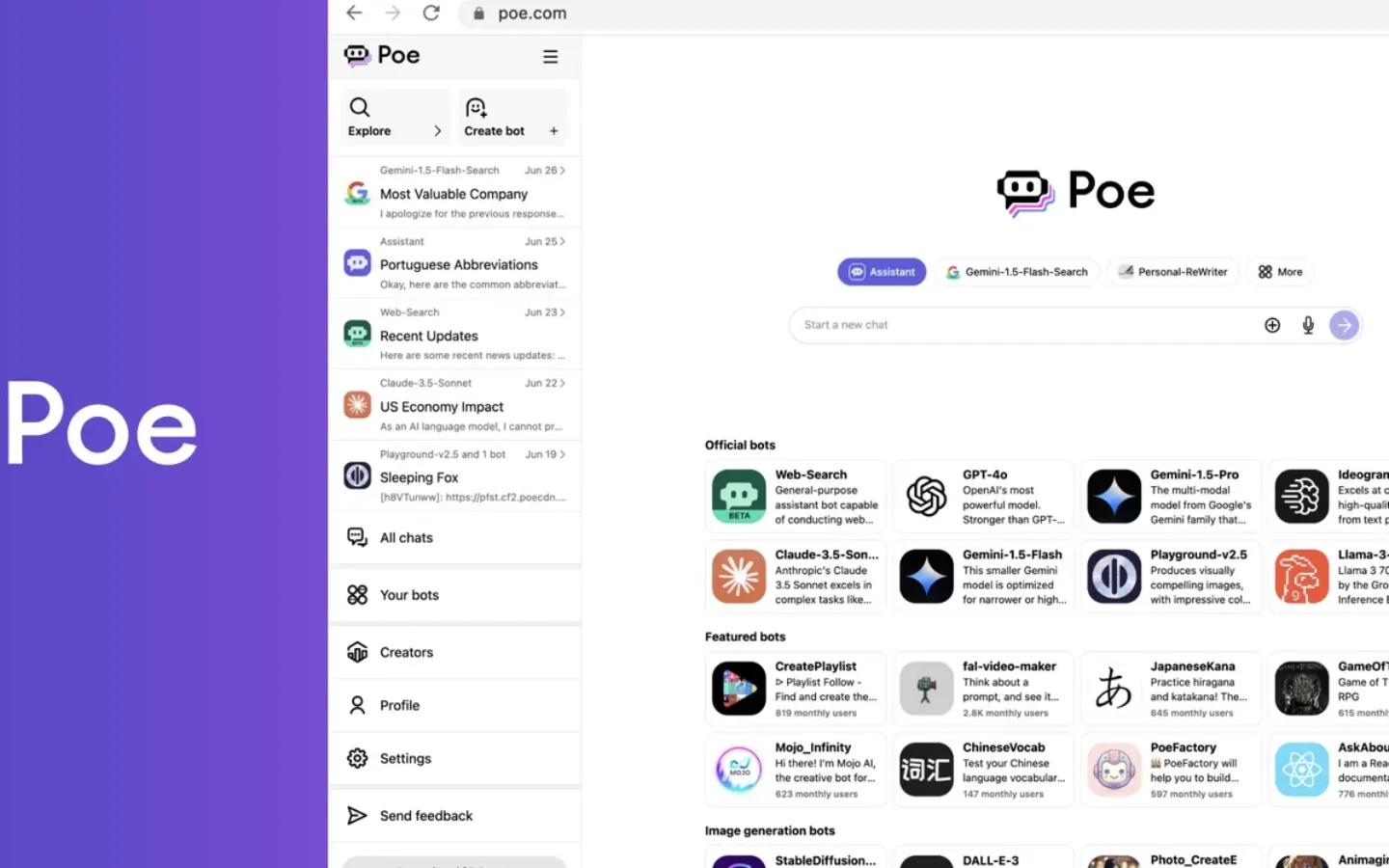Introduction
Artificial Intelligence (AI) has transcended science fiction and become an integral part of our reality. From self-driving cars to personalized recommendations on streaming platforms, AI is transforming the way we live, work, and interact. In this 2000-word exploration, we’ll delve into the reasons why AI is our future and how it’s reshaping technology, healthcare, finance, and more.
1. Automation and Efficiency

AI’s ability to automate repetitive tasks is a game-changer. Imagine a world where mundane chores are handled by intelligent algorithms, freeing up human creativity. Whether it’s data entry, customer service, or supply chain management, AI streamlines processes and boosts efficiency.
2. Healthcare Revolution
Healthcare stands to benefit immensely from AI. Diagnostic tools powered by machine learning can detect diseases early, predict outbreaks, and personalize treatment plans. AI analyzes medical images, identifies anomalies, and assists doctors in making informed decisions.
3. Personalization and Recommendations
Ever wondered how Netflix suggests your next binge-worthy series? AI! Recommendation engines analyze your viewing history, preferences, and behavior to curate personalized content. Whether it’s shopping recommendations or music playlists, AI tailors experiences to individual tastes.
4. Natural Language Processing (NLP)
Chatbots, virtual assistants, and language translation services rely on NLP. AI understands context, nuances, and idiomatic expressions. Conversations with chatbots are becoming eerily human-like, thanks to NLP advancements.
5. Predictive Analytics
AI models predict stock market trends, weather patterns, and consumer behavior. Businesses leverage these insights for strategic planning. Imagine an AI-powered crystal ball that helps you make informed decisions!
6. Autonomous Vehicles
Self-driving cars are no longer science fiction. AI algorithms process sensor data, make split-second decisions, and adapt to changing road conditions. The future of transportation is autonomous, safer, and more efficient.
7. Financial Services
AI detects fraudulent transactions, assesses credit risk, and optimizes investment portfolios. It revolutionizes banking, insurance, and financial planning. The days of waiting in long queues at the bank may soon be behind us.
8. Manufacturing and Robotics
Robots powered by AI automate assembly lines, reducing errors and increasing productivity. They handle complex tasks in manufacturing, logistics, and even hazardous environments. The future of work involves collaboration between humans and robots.
9. Environmental Impact
AI aids climate modeling, energy optimization, and wildlife conservation. It predicts natural disasters, optimizes energy consumption, and monitors endangered species. Our planet benefits from AI-driven sustainability efforts.
10. Education and Learning
Personalized learning platforms adapt to individual student needs. AI analyzes learning patterns, identifies gaps, and tailors content. Access to quality education becomes global, bridging gaps and empowering learners.
Conclusion
The future of AI is both exciting and challenging. Ethical considerations, bias mitigation, and responsible AI development are critical. As we embrace AI, let’s ensure it serves humanity, enhances our lives, and paves the way for a brighter tomorrow.
In summary, AI isn’t just a buzzword; it’s our compass pointing toward a future where technology and human potential converge. Let’s ride this wave of innovation and shape a world where AI works alongside us, making our lives better, smarter, and more connected.



